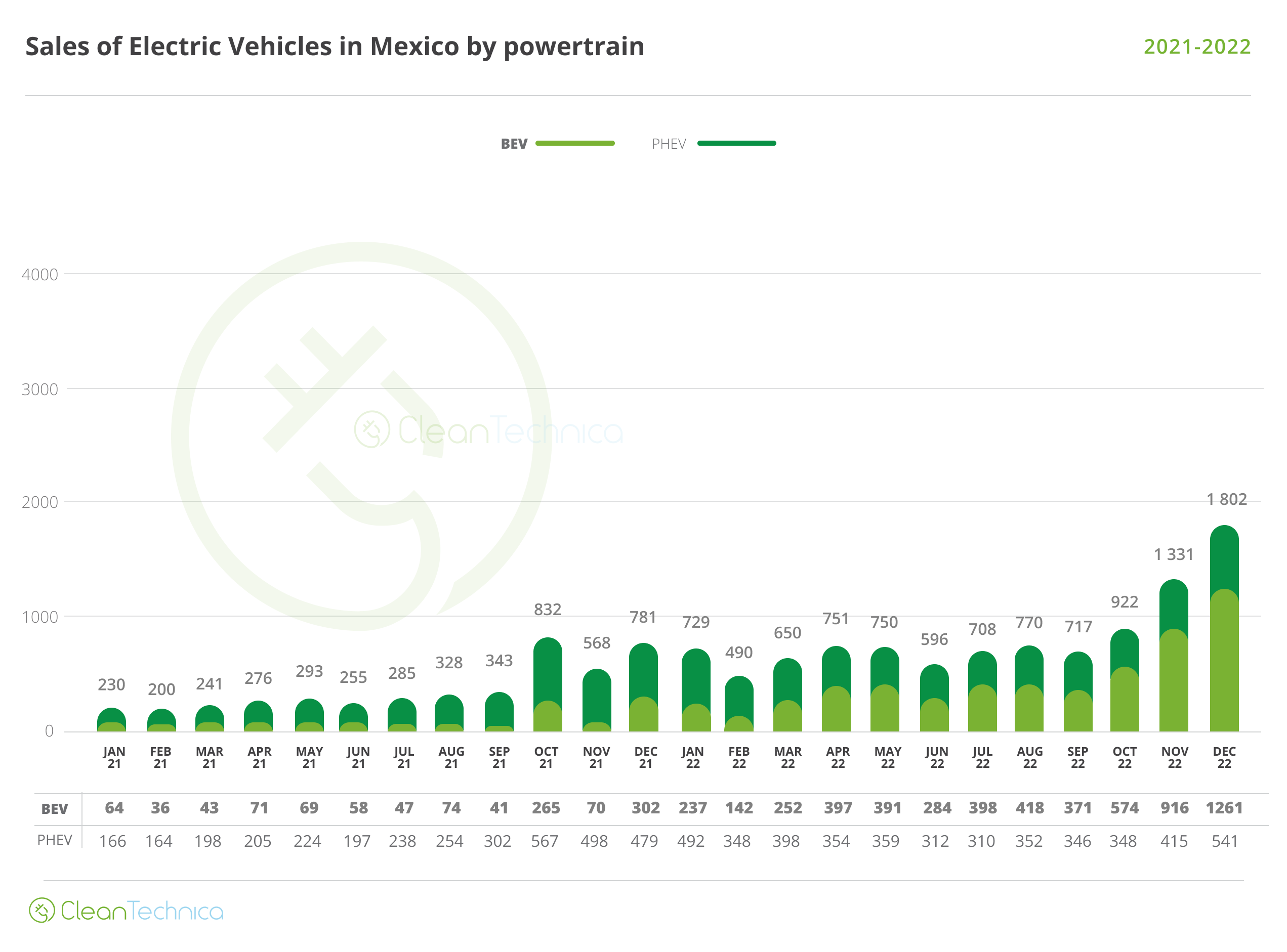Sign up for daily news updates from CleanTechnica on email. Or follow us on Google News!
Ever since the Paris climate agreement in December of 2015, the mantra on everyone’s lips has been, “We need to do everything we can to keep global warming below 1.5° Celsius.” For the past several years, climate scientists have warned that the world was getting dangerously close to exceeding that target and that nations were not doing everything they needed to do to prevent average global temperatures from passing that benchmark.
According to the Copernicus Climate Change Service, average global temperatures between July 2023 and June 2024 were the highest on record, creating a year-long stretch in which the Earth was 1.64° C hotter than in pre-industrial times. Carlo Buontempo, the director of the service which analyzed the data, told The Guardian the results were not a statistical oddity but a “large and continuing shift” in the climate as global warming accelerates. “Even if this specific streak of extremes ends at some point, we are bound to see new records being broken as the climate continues to warm. This is inevitable unless we stop adding greenhouse gases into the atmosphere and the oceans.”
Copernicus, a scientific organization that belongs to the EU’s space program, uses billions of measurements from satellites, ships, aircraft, and weather stations to track key climate metrics. It found June 2024 was hotter than any other June on record and was the 12th month in a row with temperatures 1.5° C greater than their average between 1850 and 1900. Because temperatures in some months had “relatively small margins” above 1.5° C, the scientists said, datasets from other climate agencies may not confirm the 12 month global warming trend.
“This is not good news at all,” said Aditi Mukherji, a director at research institute CGIAR and co-author of the latest Intergovernmental Panel on Climate Change report. “We know that extreme events increase with every increment of global warming — and at 1.5C, we witnessed some of the hottest extremes this year.” Some ecosystems are more vulnerable than others. In its latest review of the science, the IPCC found that 1.5° C of warming will kill off 70 to 90% of tropical coral reefs, while warming of 2° C will wipe them out almost entirely.
A survey of hundreds of IPCC authors this year by The Guardian found three-quarters expect global warming to increase by at least 2.5° C by 2100, with about half of the scientists expecting temperatures above 3° C. The increments sound small, but can mean the difference between widespread human suffering and “semi-dystopian” futures. Mukherji compared 1° C of global heating to a mild fever and 1.5° C to a medium to high grade fever. “Now imagine a human body with [that] temperature for years. Will that person function normally any more? That’s currently our Earth system,” she added. “It is a crisis.”
François Gemenne, an IPCC author and director of the Hugo Observatory at the University of Liège, said global warming is not a binary issue. “It is not 1.5° C or death. Every 0.1° C matters a great deal because we’re talking about global average temperatures, which translate into massive temperature gaps locally.” Even in a best-case scenario, he said, people need to prepare for a warmer world and “beef up” response plans. “Adaptation is not an admission that our current efforts are useless.”
WMO Weighs In On Global Warming
The World Meteorological Organization takes a fairly nuanced approach to this latest climate news. It says the global mean near-surface temperature for each year between 2024 and 2028 is predicted to be between 1.1° C and 1.9° C higher than the 1850-1900 baseline and there is an 86% likelihood that at least one of these years will set a new temperature record that exceeds the current record, which belongs to 2023. There is a 47% likelihood that the global temperature averaged over the entire five-year period between 2024 and 2028 will exceed 1.5° C above the pre-industrial era, the WMO says. That’s up from 32% from last year’s report. The chance of at least one of the next five years exceeding 1.5° C has risen steadily since 2015, when it was close to zero.
“Behind these statistics lies the bleak reality that we are way off track to meet the (global warming) goals set in the Paris Agreement,” said WMO Deputy Secretary General Ko Barrett. “We must urgently do more to cut greenhouse gas emissions, or we will pay an increasingly heavy price in terms of trillions of dollars in economic costs, millions of lives affected by more extreme weather and extensive damage to the environment and biodiversity.”
“WMO is sounding the alarm that we will be exceeding the 1.5° C level on a temporary basis with increasing frequency. We have already temporarily surpassed this level for individual months — and indeed as averaged over the most recent 12 month period. However, it is important to stress that temporary breaches do not mean that the 1.5° C goal is permanently lost because this refers to long term warming over decades,” Barrett added.
UN Secretary General Antonio Guterres said, “We are playing Russian roulette with our planet. We need an exit ramp off the highway to climate hell. And the good news is that we have control of the wheel. The battle to limit temperature rise to 1.5 degrees will be won or lost in the 2020s — under the watch of leaders today.”
Even at current levels of global warming, there are already devastating climate impacts, the WMO says. These include more extreme heatwaves, extreme rainfall events and droughts; reductions in ice sheets, sea ice, and glaciers; and accelerating sea level rise and ocean heating. “We are living in unprecedented times, but we also have unprecedented skill in monitoring the climate and this can help inform our actions. This string of hottest months will be remembered as comparatively cold (in the future), but if we manage to stabilize the concentrations of greenhouse gases in the atmosphere in the very near future we might be able to return to these “cold” temperatures by the end of the century,” said Carlo Buontempo said.
The Takeaway
Are you getting this? The blistering temperatures happening all around the world today may be relatively cold in the not too distant future if average global temperatures continue to rise. And yet the United States, which may not be the most important countries in the world anymore but still exerts a powerful influence on how other countries deal with the gathering global warming crisis, is poised to elect an aged buffoon with a bad combover who promises to increase the production of fossil fuels beyond anything previously seen.
Maybe he believes such things because he is too stupid to see what is happening right before his eyes or maybe he is so besotted with money that he cannot look beyond the $1 billion he wants to extort from fossil fuel interests to get re-elected. Either way, he is a clear and present danger to humanity, regardless of what the Supreme Court has to say on the matter. Come November, please vote responsibly. The planet you save may be your own.
Have a tip for CleanTechnica? Want to advertise? Want to suggest a guest for our CleanTech Talk podcast? Contact us here.
Latest CleanTechnica.TV Videos
CleanTechnica uses affiliate links. See our policy here.
CleanTechnica’s Comment Policy





